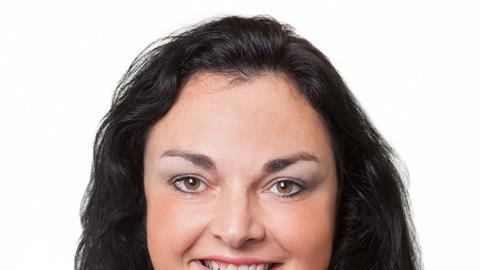Head of the defendant team at Dukes Law, part of Fletchers Solicitors
At St Mary’s University, Twickenham, I studied environmental science and found the law element of the course fascinating. I applied for a place on a graduate scheme at Guardian Insurance and was particularly drawn to the claims team. There was never an accident or case that was the same, so learning the details around each one was always interesting and engaging.
It can be difficult making the transition between firms – they all have different cultures. In the past, I was fortunate to have worked as an assistant to a partner at three separate firms who was incredibly supportive. However, when I moved to Fletchers I found it particularly challenging joining a traditional claimant firm as the only defendant lawyer, especially given that I came from a very corporate background.
The first time I attended an inquest and saw real distress, probably for the first time in my life, it really helped my working life generally. It brought home to me the fact that people are more than just a client or a case file. I have met some incredibly strong people who have dealt with some of the most horrific experiences – and it is a real privilege that they let you help them at that time.
Every time I win a case I think of this as a career highlight. This is likely to ring true for most defendant lawyers, mainly because commercial considerations and insurers dictate how regularly you actually run something on the basis of ‘liability’. This can mean that the sense of achievement is not always there in the same way as it is for claimant lawyers. I have had a couple of memorable cases – a High Court liability trial and a Court of Appeal decision – that I really consider personal highlights.
The hardest sort of client is not necessarily the one who puts the most pressure on your time – it is the one that may not accept they are at fault. For example, when it comes to a road traffic accident, some clients may not accept that their driving could have possibly caused an accident. This drags out the case as both sides seek to establish the full facts of the incident, generally causing more distress and upset for the victim. Early admittance of guilt helps those who have genuinely been injured to get on with their lives and receive justice for their ordeal.
I have seen a number of changes in my career, such as the Jackson reforms, which prevented personal injury law firms from paying third parties on a case-by-case basis to recommend new clients. As a result, law firms have had to embrace innovative new methods of attracting clients and new business, or risk losing out to the competition.
In light of the proposed changes to the small-claims limit, I hope the profession embraces innovation, as it will be necessary to ensure firms can adapt and remain profitable when the new rules take effect.
































No comments yet